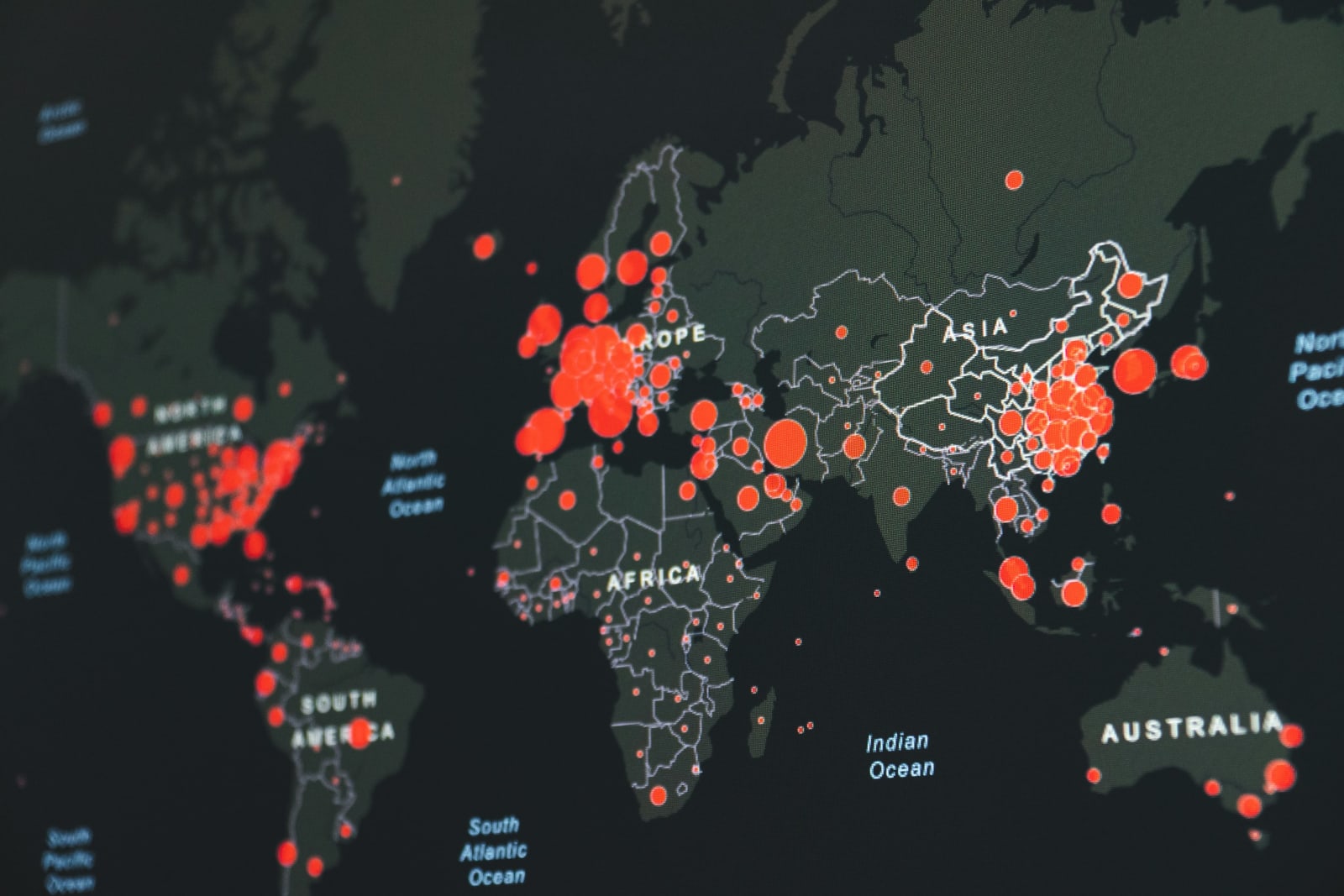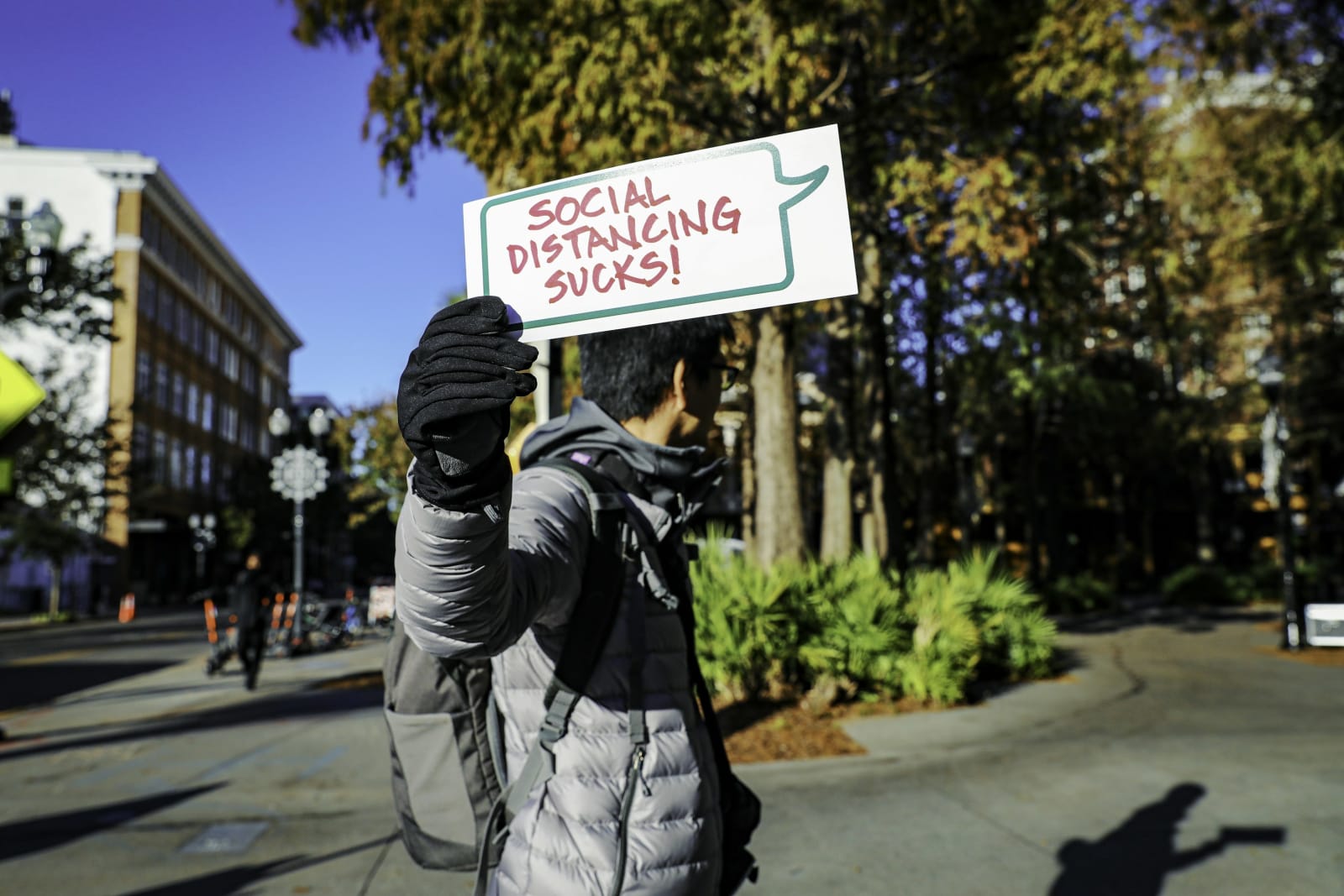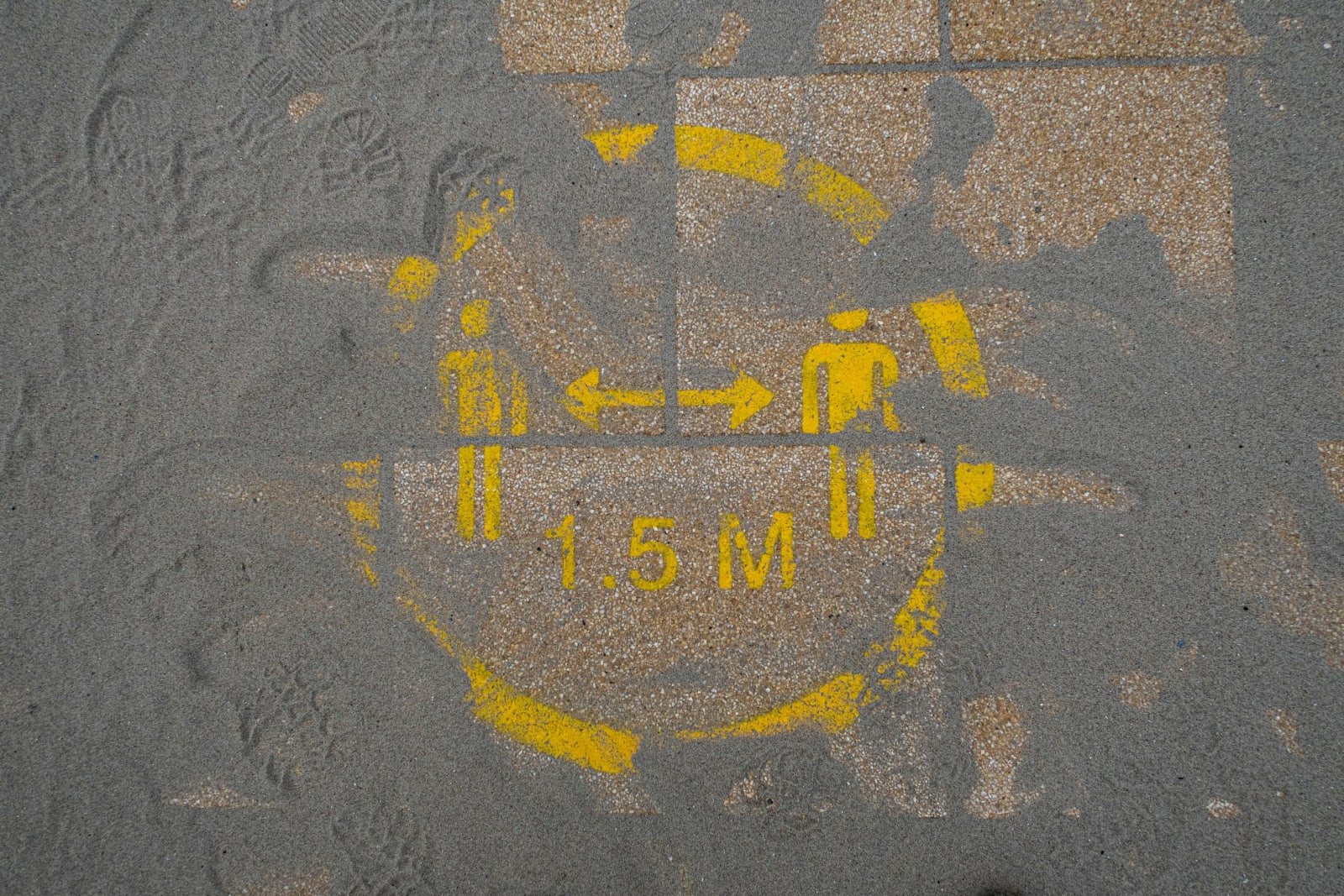What we lost forever: The things that never came back after COVID
September 12, 2025
The pandemic ended years ago, but I still find myself mourning things we'll never get back. Not the obvious losses-the people, the time, the experiences-but the invisible fabric of society that quietly unraveled while we were all locked inside, watching the world through our screens.
The death of shared reality
I remember the exact moment I realized we'd crossed a point of no return. I was sitting in a coffee shop, listening to two people at the next table argue about something that happened just weeks earlier-except they were describing two completely different events. Same news story, same date, but their versions were so wildly different they might as well have been living in parallel universes.

"I truly think that period was the rubicon moment for algorithm-based social media manipulation. Since then, everyone has been living in their own personally tailored version of reality. None of us exist in the same world anymore, objective fact is dead and gone, and history is now a matter of opinion."
This observation haunts me because it's so painfully accurate. During lockdown, we all retreated into our digital bubbles, and those bubbles hardened into permanent shells. The algorithms learned our fears, our biases, our comfort zones-and then built walls around them.
The erosion of basic decency
Walk into any store today and you'll feel it immediately. The tension. The barely contained rage simmering just beneath the surface. A retail worker with thirty years of experience told me it was "the nail in the coffin for general decency." They described how people went from occasionally rude to consistently mean-not just having bad days, but fundamentally changed in how they treat others.
I see it everywhere now. The person screaming at the barista over a wrong order. The customer berating a teenage cashier over a policy they didn't create. The complete absence of patience, of grace, of the basic recognition that we're all human beings trying to get through the day.
The disappearance of third spaces
Remember when we used to just... exist in public? Not shopping, not working, not consuming content, but simply being in shared spaces with other humans? Libraries where teens did homework together. Parks where parents chatted while kids played. Coffee shops where regulars knew each other's names.

These third spaces-neither home nor work-virtually disappeared during COVID, and most never came back. The ones that survived feel different now. Everyone's on their phones, earbuds in, creating private bubbles in public spaces. We're together but alone, sharing physical space while living in completely separate digital worlds.
The crisis in children's development
Perhaps most heartbreaking is what happened to kids. Teachers tell me about students who can't read at grade level-not because they're incapable, but because they missed crucial developmental windows during remote learning. The reading skills that should have been built through daily practice and peer interaction simply never materialized.
But it's more than academic. These kids missed out on learning how to navigate social situations, how to read facial expressions (hidden behind masks for years), how to exist in groups without the mediation of screens. We won't know the full impact for years, maybe decades.
The unraveling of public health consensus
For generations, vaccination was simply what you did. Polio, measles, mumps-these were conquered diseases, relegated to history books. Now? Every vaccine is a battleground, every public health measure a political statement. The near-universal acceptance of basic disease prevention measures that took decades to build crumbled in mere months.

The price we continue to pay
And yes, prices. They went up during supply chain crises and never came back down. Companies discovered we'd pay more when we had no choice, then kept charging those prices when choices returned. The $12 sandwich that was $7 in 2019. The rent that jumped 40% and stayed there. The grocery bill that makes you double-check the receipt every single time.
But even this economic reality feels like a symptom of something deeper-a collective acceptance that things are just worse now, that exploitation is inevitable, that we're all on our own.
Learning to live with permanent loss
I don't have solutions. I don't think anyone does. Some changes are simply irreversible-you can't un-ring a bell, can't un-break social contracts that took generations to build.
What I've learned is that acknowledging these losses matters. Not to wallow, but to understand why everything feels so hard, why simple interactions feel so fraught, why we all seem to be grieving something we can't quite name.
Maybe the first step is just this: recognizing that we're all struggling with the same losses, even if we're experiencing them through different screens, in different realities. Maybe that recognition itself is a tiny thread we can use to start stitching something back together.
The world that existed before March 2020 is gone. It's not coming back. But perhaps by honestly reckoning with what we've lost, we can begin to imagine what might still be worth building.
